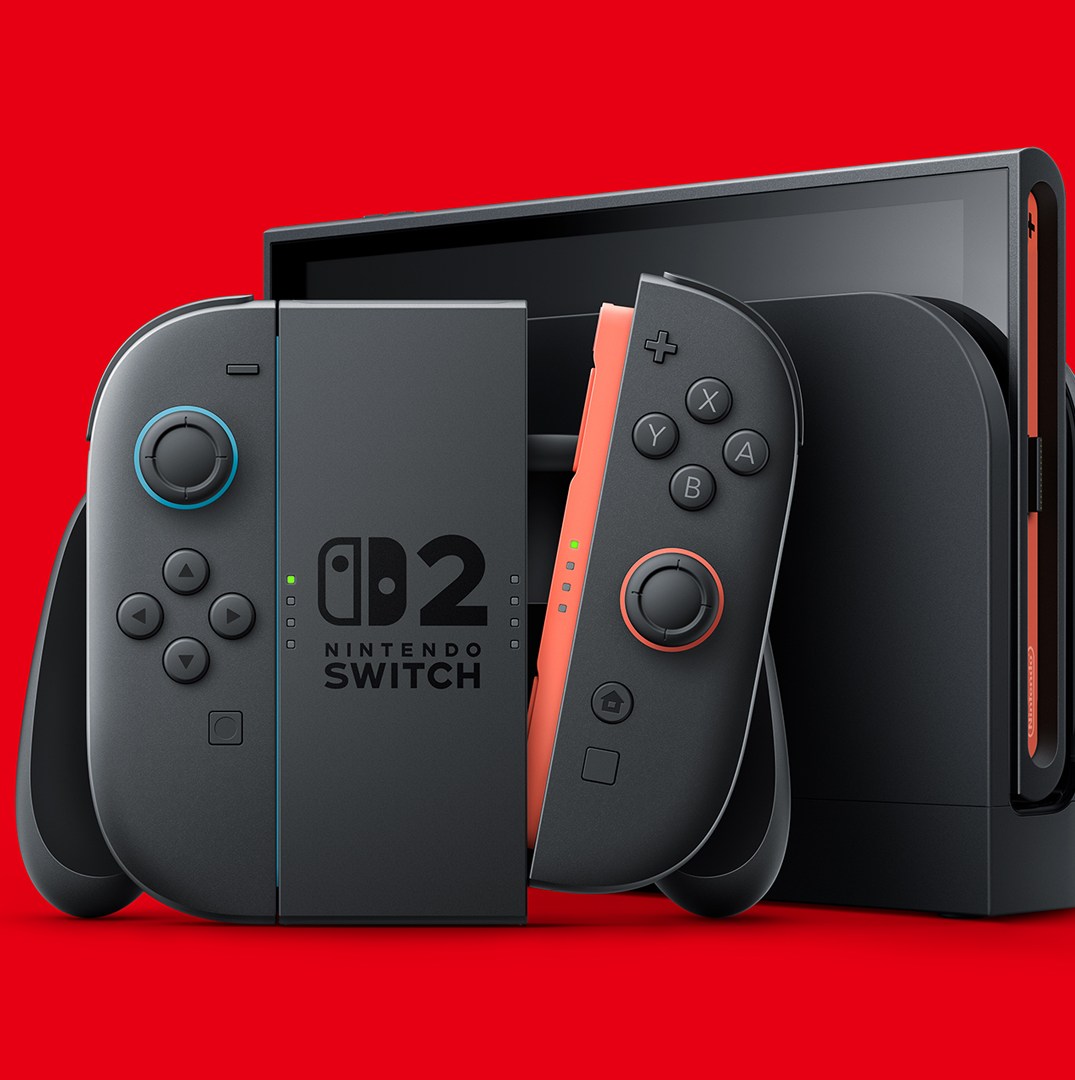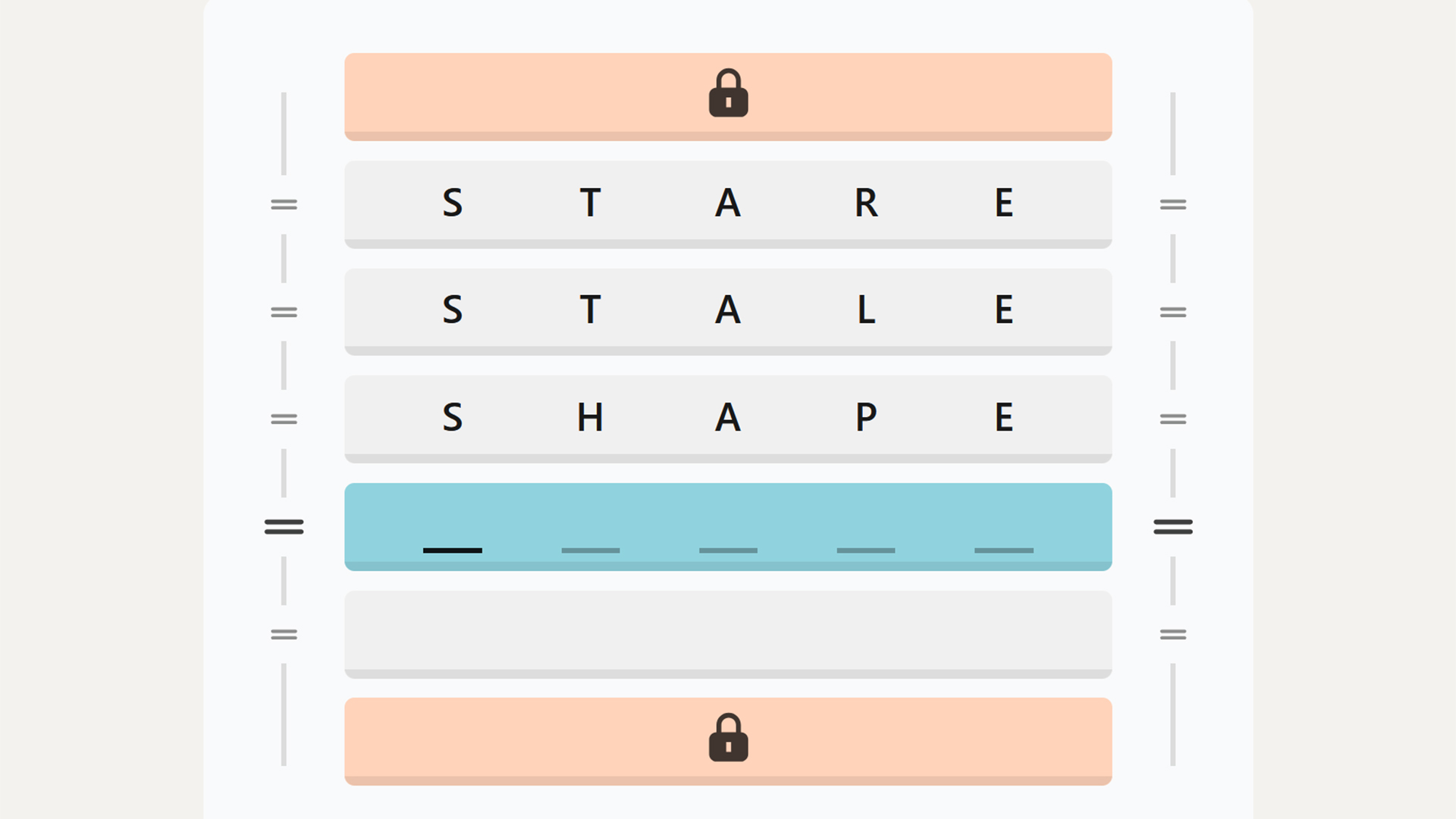## LinkedIn? For Games? Hold Up, Is This Professional Networking’s Secret Weapon?
Think LinkedIn is just for stuffy job applications and awkward “congratulations on your promotion” posts? Think again. Polygon recently dropped a bombshell: LinkedIn has a hidden world of games, and it might just be the future of work-life balance (or at least a welcome distraction from endless TPS reports).

Tango: The Deceptively Complex Conundrum

LinkedIn’s game library isn’t all straightforward fun. Take “Tango,” for instance. This puzzle game, while initially appearing simple, quickly unravels into a web of strategic thinking and deduction. Players are tasked with strategically placing sun and moon icons on a grid, adhering to a complex set of rules that govern their placement. Unlike the more intuitive games like “Queens” or “Zip,” “Tango” demands careful planning and a keen eye for detail.
Gamestanza recommends approaching “Tango” with a methodical approach. Start by identifying any immediate constraints dictated by the rules. Then, consider the potential consequences of each placement, visualizing how it might impact future moves. Don’t be afraid to experiment and retrace your steps if necessary. The satisfaction of solving a particularly challenging “Tango” puzzle is immense, rewarding your patience and strategic prowess.
Beyond the Games: LinkedIn’s Unexpected Value for Gamers
Building a Gaming Network: Connecting with Industry Professionals

While LinkedIn’s games may provide a fun distraction, their true potential lies in fostering connections within the gaming industry. Gamestanza encourages our readers to leverage LinkedIn’s extensive network to build meaningful relationships with fellow game developers, designers, artists, and industry professionals.
Connect with individuals working at studios you admire, join relevant groups and discussions, and actively engage in conversations related to game development. These interactions can lead to invaluable insights, mentorship opportunities, and even potential job prospects.

Uncovering Hidden Opportunities: Job Prospects and Collaboration
LinkedIn has become a hub for job postings, particularly within the gaming industry. Gamestanza recommends regularly exploring LinkedIn’s job board, tailoring your search to specific roles and studios that align with your interests and skills.
Beyond job hunting, LinkedIn can be a valuable platform for finding collaborators for personal projects. By joining relevant groups and connecting with individuals who share your passion, you can build a network of like-minded creators ready to collaborate on exciting new ventures.
Gamification as a Learning Tool: Skill Development and Strategic Thinking
The games available on LinkedIn, while seemingly designed for casual entertainment, can also serve as effective tools for developing valuable skills relevant to the gaming industry.
- Problem-Solving: Games like “Tango” and “Zip” challenge players to think critically and solve complex puzzles, honing their analytical and problem-solving abilities.
- Strategic Thinking: Games like “Queens” and “Crossclimb” require strategic planning and foresight, teaching players to anticipate consequences and make informed decisions.
- Pattern Recognition: Many of LinkedIn’s games involve identifying patterns and making connections, a skill crucial for game design and development.
Gamestanza’s Take: Should You Start Playing?
The Pros and Cons: Weighing the Benefits against the Drawbacks
While LinkedIn’s games offer a unique and potentially valuable experience for gamers, it’s important to weigh the pros and cons before diving in.
- Pros:
- Networking opportunities with industry professionals
- Access to job postings and potential collaborations
- Development of valuable skills such as problem-solving, strategic thinking, and pattern recognition
- Free and readily accessible
- Cons:
- LinkedIn’s primary purpose remains professional networking, which may not appeal to all gamers
- Games may not be as sophisticated or engaging as dedicated gaming platforms
- Time commitment may detract from other gaming pursuits
- Aspiring game developers and industry professionals seeking to connect with others in the field
- Gamers interested in exploring job opportunities and potential collaborations within the industry
- Individuals looking to develop their problem-solving and strategic thinking skills through gamified experiences
Finding Your Niche: Who Will Benefit Most from LinkedIn’s Games
Gamestanza believes that LinkedIn’s games will be most beneficial for:
A Call to Action: Exploring the Potential of LinkedIn for Gamers
Gamestanza encourages our readers to give LinkedIn’s games a try. While the platform may not be a replacement for traditional gaming platforms, it presents a unique opportunity to connect with industry professionals, explore career paths, and develop valuable skills.
Don’t underestimate the potential of LinkedIn’s gamified features. Embrace the challenge, connect with like-minded individuals, and unlock the hidden opportunities within this professional network.
Conclusion
So, LinkedIn, the purportedly sterile realm of job hunting and professional networking, has a secret weapon: games. Polygon’s exploration revealed a surprisingly vibrant ecosystem of interactive experiences built right into the platform, catering to everything from casual trivia to strategic thinking. These games aren’t just time-wasters; they highlight a shift in how we perceive professional platforms.
This isn’t just about LinkedIn trying to be “cool.” By integrating games, they’re tapping into a powerful tool for engagement and community building. Imagine collaborating with colleagues on a puzzle game, or using a gamified learning platform to sharpen your skills. The potential for LinkedIn to become a more dynamic and interactive space, where professional development meets playful challenge, is undeniable. Will this lead to a blurring of lines between work and leisure? Will we soon be negotiating salary increases through a virtual board game? Only time will tell, but one thing’s for sure: the future of professional networking is getting a whole lot more interesting.
